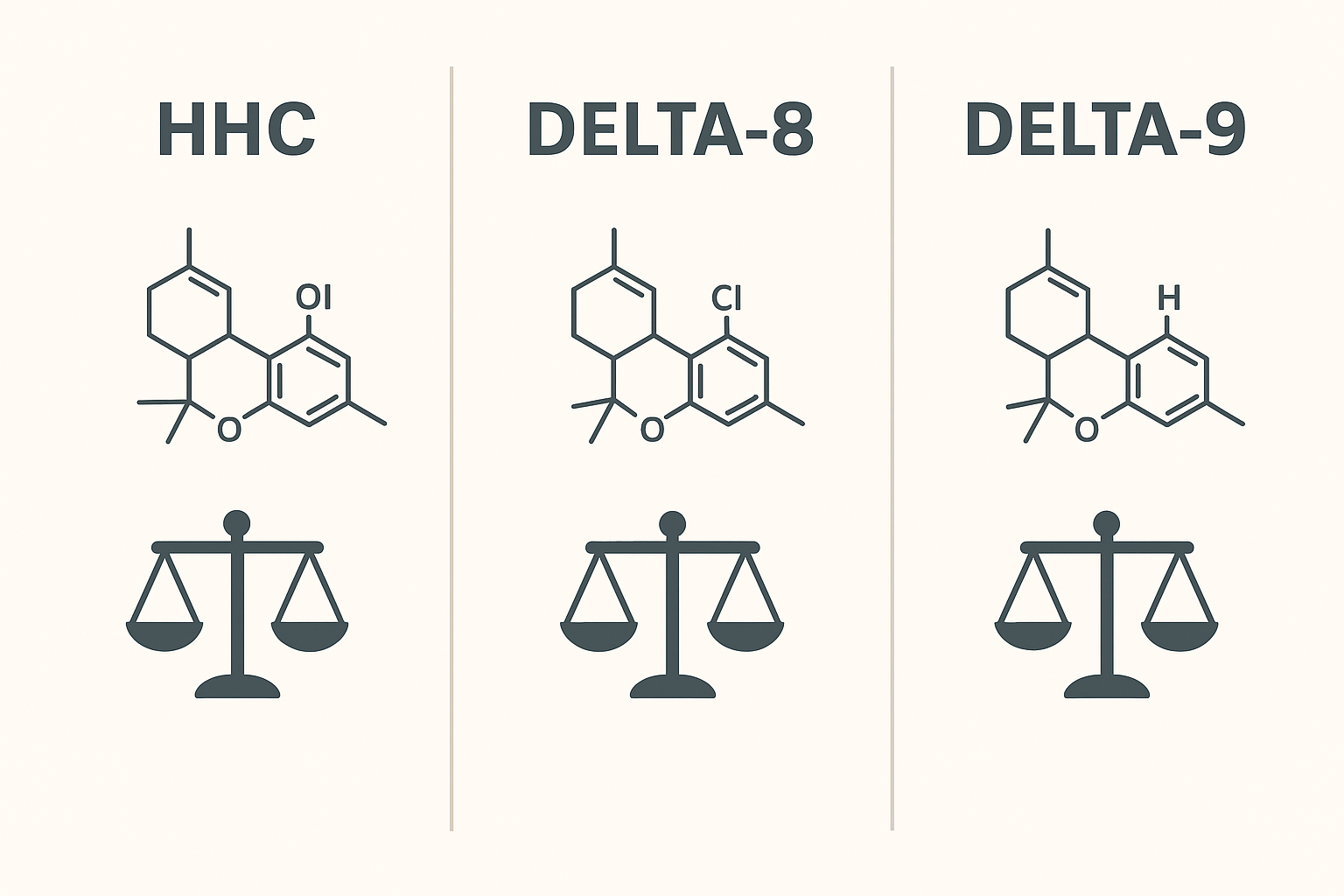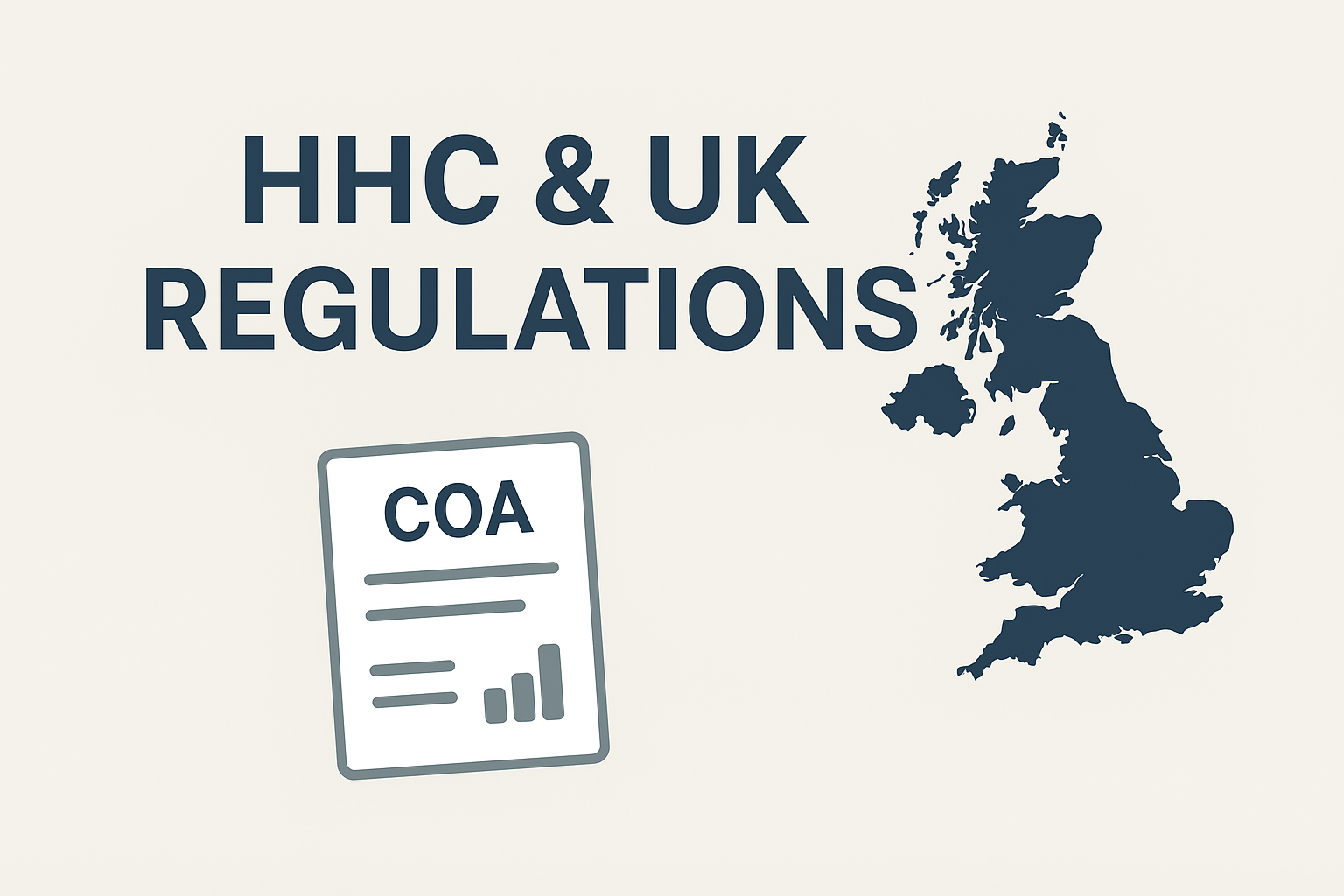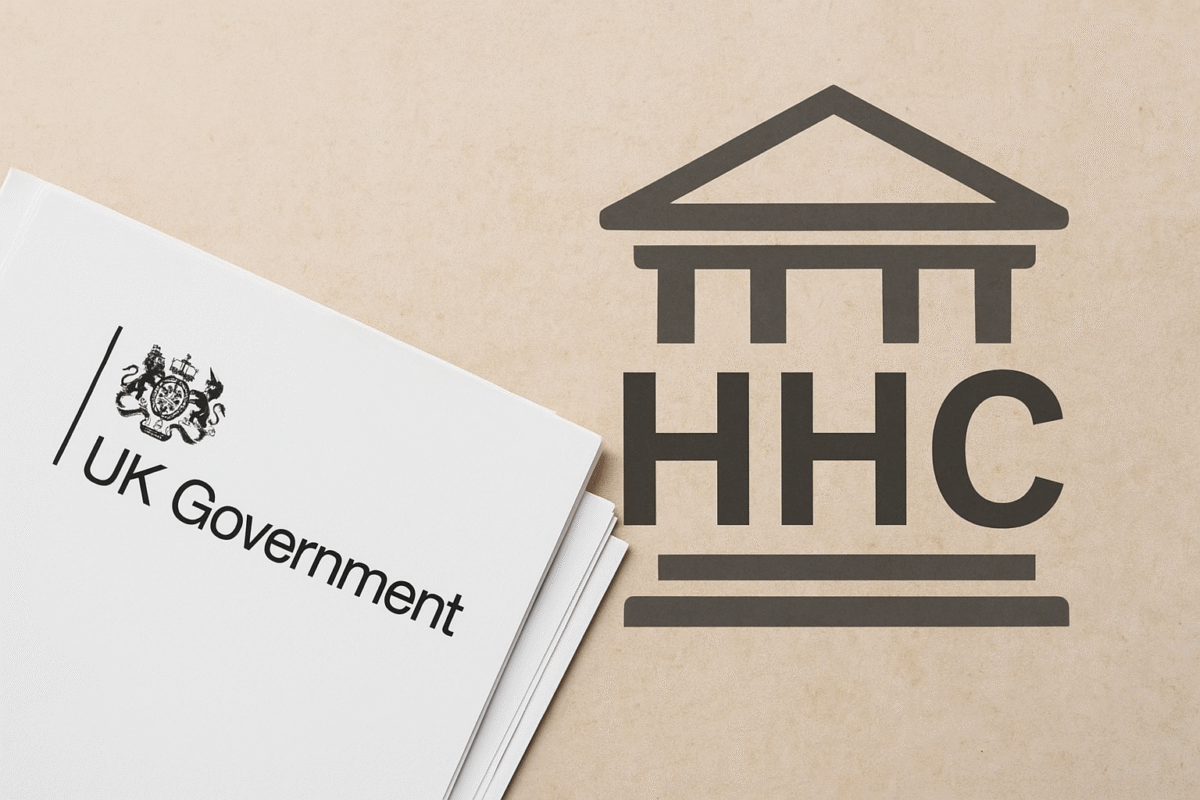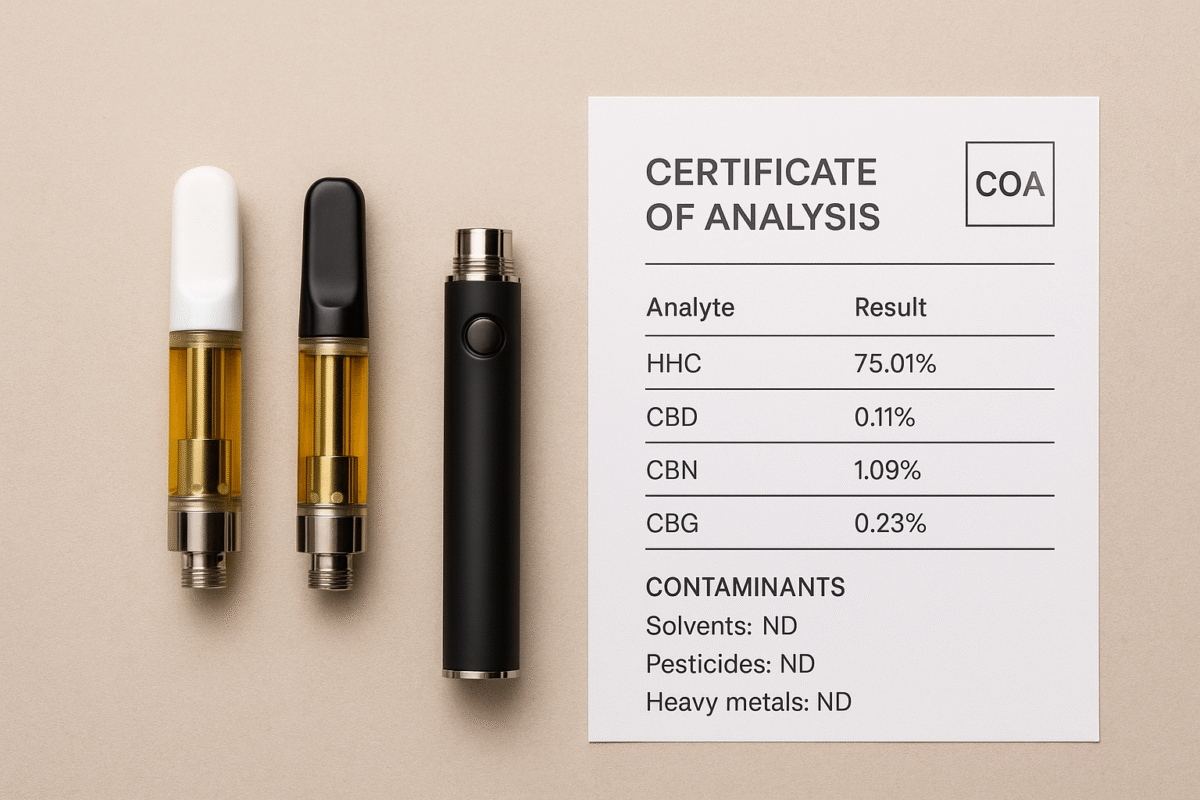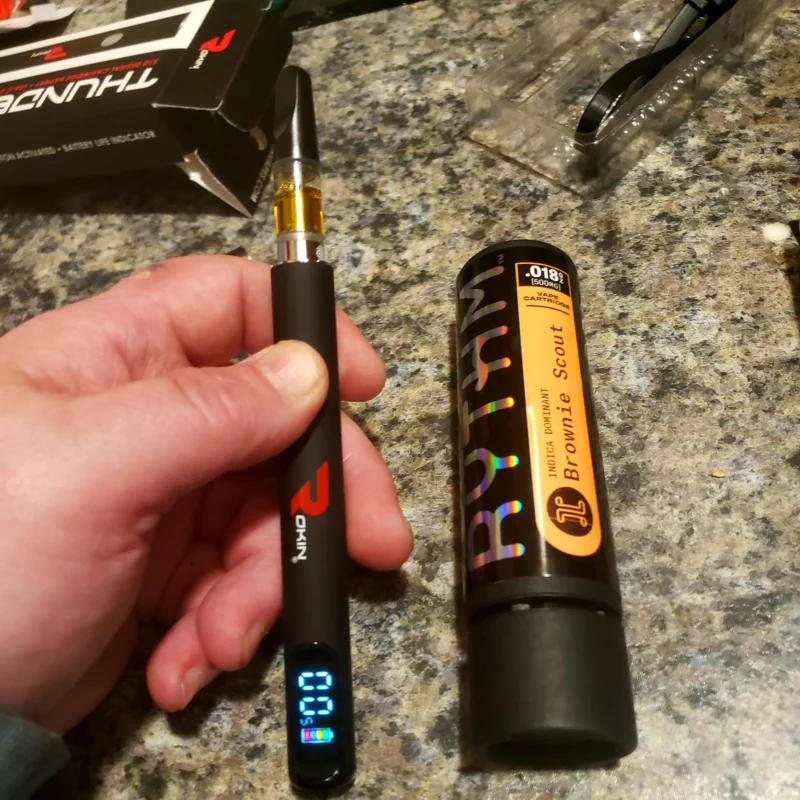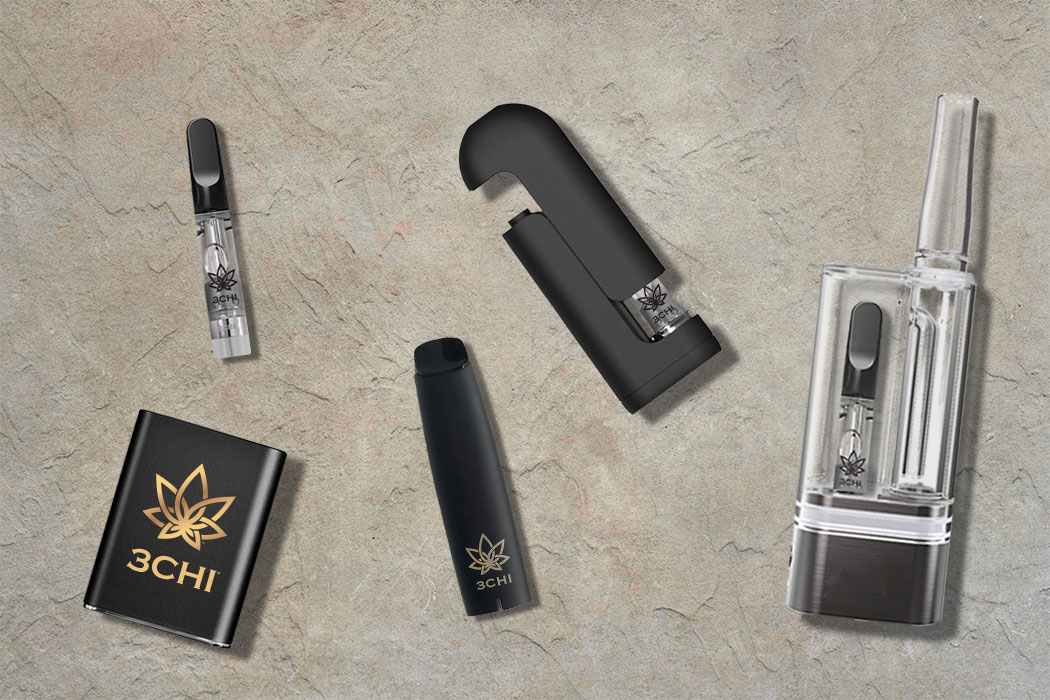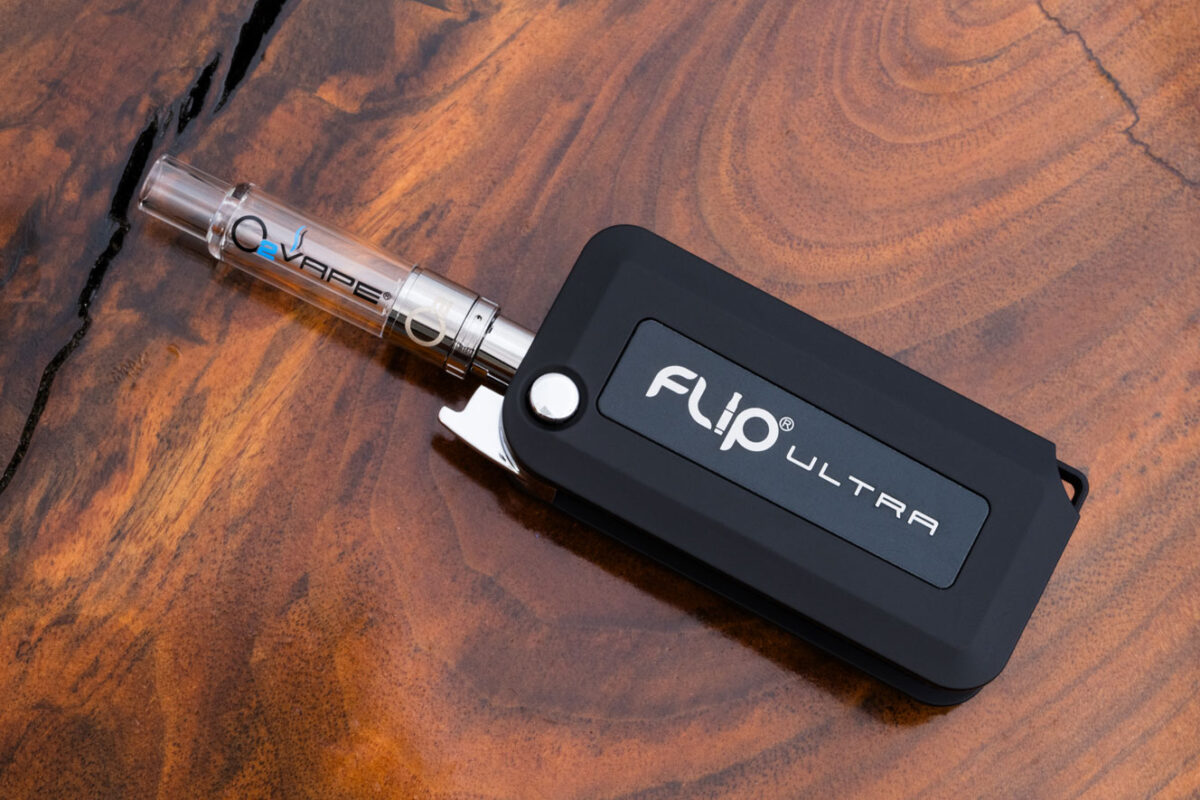Are THC gummies legal in the UK?

Are THC gummies legal in the UK?
No!! THC GUMMIES ARE NOT LEGAL IN UK. Gummies that contain measurable delta 9 THC (the intoxicating form of THC) are treated as controlled substances in the UK and are not legal for general sale or possession. Any THC-containing edible would fall under drug-control laws unless supplied via an authorised medical route or specific licence.
Why THC gummies are treated differently in the UK
The UK treats Δ⁹-tetrahydrocannabinol (delta 9 THC) as a controlled drug under the Misuse of Drugs Act and related regulations. That legal status applies to the cannabinoid itself regardless of how it is delivered — inhaled, vaped or eaten — so a food product containing measurable delta 9 THC will, in practice, be subject to criminal and regulatory controls unless a specific licence or medical exemption applies.
Separate to criminal controls, the Food Standards Agency (FSA) regulates food safety and novel foods. The FSA treats cannabinoids used as or in foods (for example, gummies) as novel or potentially hazardous ingredients and has set provisional safety guidance and an agreed safe upper limit for accidental THC exposure in food products. This combination of drug-control law and food-safety rules creates a strict environment for THC-containing edibles in the UK.
THC vs CBD vs HHC vs Delta 8 Gummies — what’s legal and what’s risky
-
THC (Δ⁹-THC): Psychoactive and controlled. Products containing measurable delta 9 THC are not legal for general sale or possession in the UK and risk criminal or regulatory action.
-
CBD (cannabidiol): Non-intoxicating CBD can be sold in the UK only if it meets FSA novel-food rules, is supported by valid third-party Certificates of Analysis (COAs), and contains THC at or below the FSA’s accepted limit. Recent FSA updates include a provisional safe upper limit for THC exposure in CBD foods.
-
HHC & Delta-8: These newer or semi-synthetic cannabinoids occupy a legal grey area. UK advisory reports and regulators note uncertainty and potential for classification as controlled substances; treat them as legally risky until official guidance clarifies their status.
Practical takeaway: If a product shows measurable delta 9 THC, treat it as a controlled product. For consumers and retailers in the UK, compliant CBD products (with verified COAs and adherence to FSA guidance) are the lawful alternative.
How to read a Certificate of Analysis (COA) — quick checklist
When evaluating gummies (or any hemp/cannabis product), only accept transparent, third-party testing. A trustworthy COA will include:
-
Lab accreditation: Look for an ISO/IEC 17025 accreditation or equivalent. Verify the lab online.
-
Batch/sample ID: The COA must identify the exact batch/sample and match the product packaging. Generic brand reports are not sufficient.
-
Cannabinoid profile: The report should list delta 9 THC, total THC (if provided), CBD, and any other cannabinoids in mg per piece and mg/g. Any measurable delta 9 THC should be flagged.
-
Contaminant testing: Look for pesticide, heavy metal, residual solvent, and microbiology panels — results should be below recognised safety thresholds.
-
Methods, LOQs & date: Good COAs state the analytical methods (e.g., HPLC-MS), limits of detection (LOD/LOQ) and the test date. Very high LOQs can mask low-level contamination.
If you’re a retailer, keep the original COA PDF on file and make it available on request. If you’re a consumer and a seller cannot provide a matching accredited COA, do not purchase or consume the product.
Safety: what to do if someone (human or pet) ingests an unknown/THC gummy
Edibles can cause delayed and unpredictable effects. Follow these steps.
If a person (adult or child) has eaten an unknown THC gummy:
-
Stay calm and collect packaging/COA details.
-
If the person is breathing normally but unwell, call NHS 111 for advice. If life-threatening symptoms occur (severe breathing difficulty, loss of consciousness, seizures), call 999 or go to A&E. Bring product packaging to medical staff.
If a pet (dog, cat, etc.) has eaten a gummy:
-
Contact your vet or emergency veterinary clinic immediately and be ready to give packaging and an estimate of how much was consumed. Veterinary poison services advise urgent assessment — symptoms can be severe even if not usually fatal.
-
Don’t induce vomiting unless a vet instructs you to do so.
Quick action matters: edibles can take longer to show effects than smoked cannabis, but delayed symptoms can still become serious for children and animals.
Compliance checklist for UK sellers
If you operate in the hemp/CBD market, reduce legal and reputational risk by following these rules:
-
Don’t sell products that claim to contain delta 9 THC for recreational use. Explicit THC claims expose you to criminal risk.
-
Keep COAs for every batch and make them available to customers on request. Use only accredited independent labs.
-
Avoid medicinal claims unless you hold appropriate medical licences — food products must not be advertised as treatments.
-
Monitor regulatory updates — the FSA and government guidance on cannabinoids are evolving; subscribe to official updates or consult a trade body such as the Cannabis Trades Association for sector guidance.

 Weed Strains
Weed Strains Hybrid
Hybrid Indica
Indica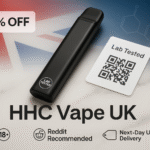 Vapes
Vapes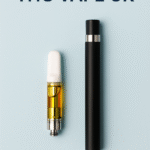 THC Vapes
THC Vapes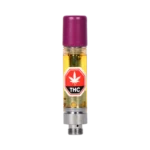 Vape Cartridge
Vape Cartridge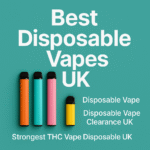 Disposable Vapes
Disposable Vapes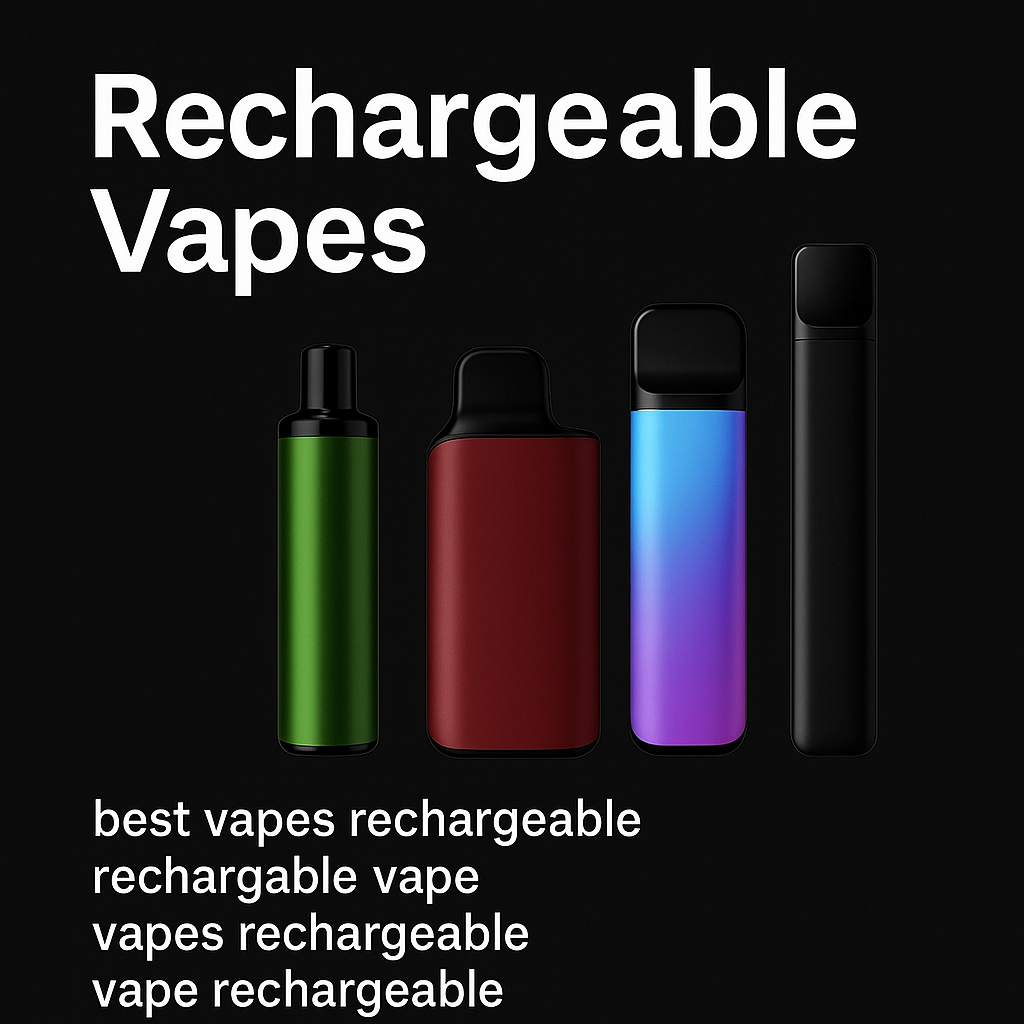 Rechargeable Vapes
Rechargeable Vapes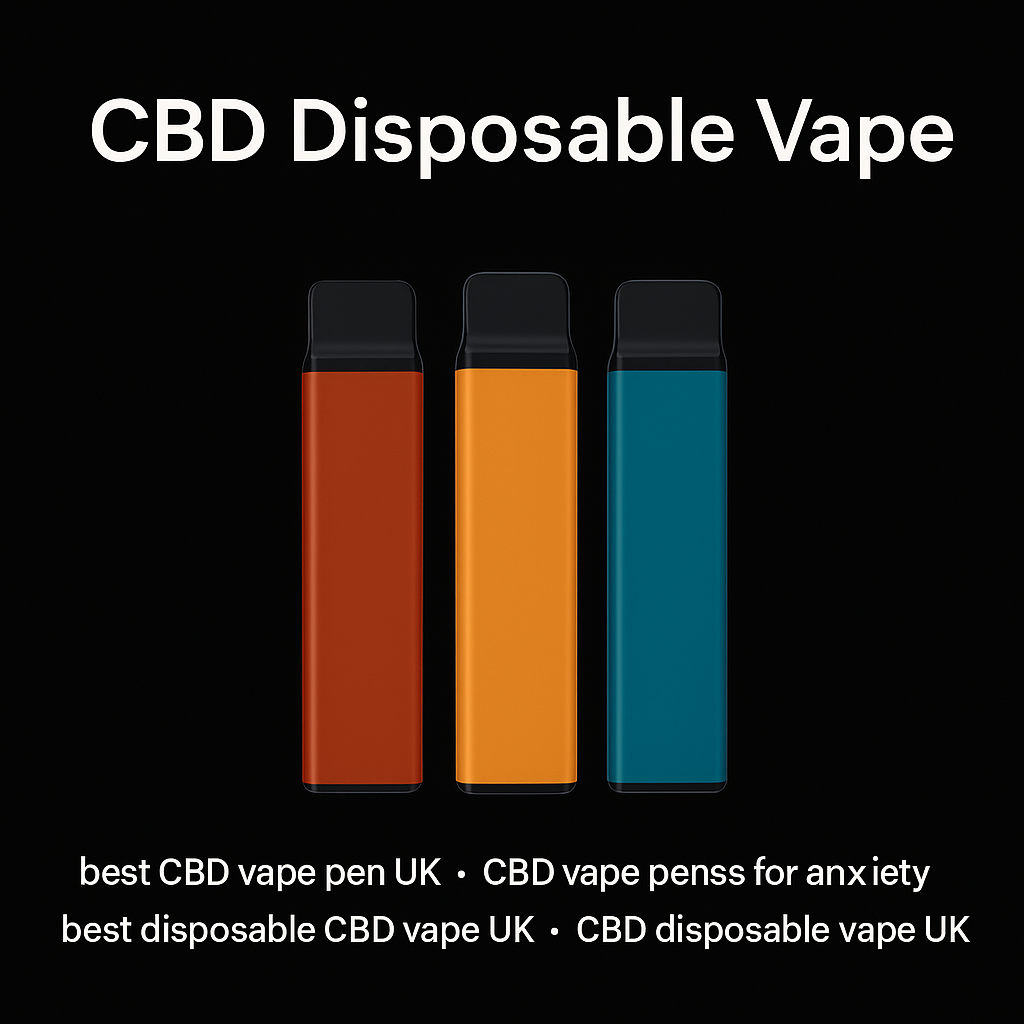 CBD Disposable Vape
CBD Disposable Vape Delta Vapes
Delta Vapes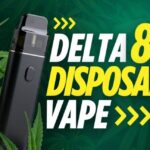 Delta 8 Vape
Delta 8 Vape Delta 9 Vape
Delta 9 Vape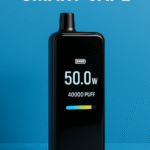 smart vape
smart vape Gummies
Gummies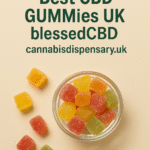 CBD Gummies
CBD Gummies THC Gummies
THC Gummies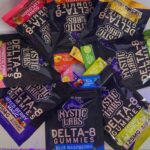 Delta 8 Gummies
Delta 8 Gummies Delta-9 Gummies
Delta-9 Gummies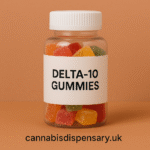 Delta-10 Gummies
Delta-10 Gummies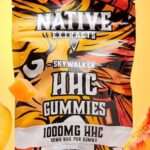 HHC Gummies
HHC Gummies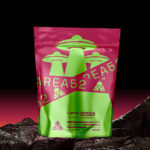 Full Spectrum Gummies
Full Spectrum Gummies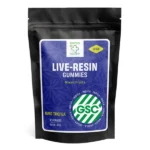 Live Resin Gummies
Live Resin Gummies